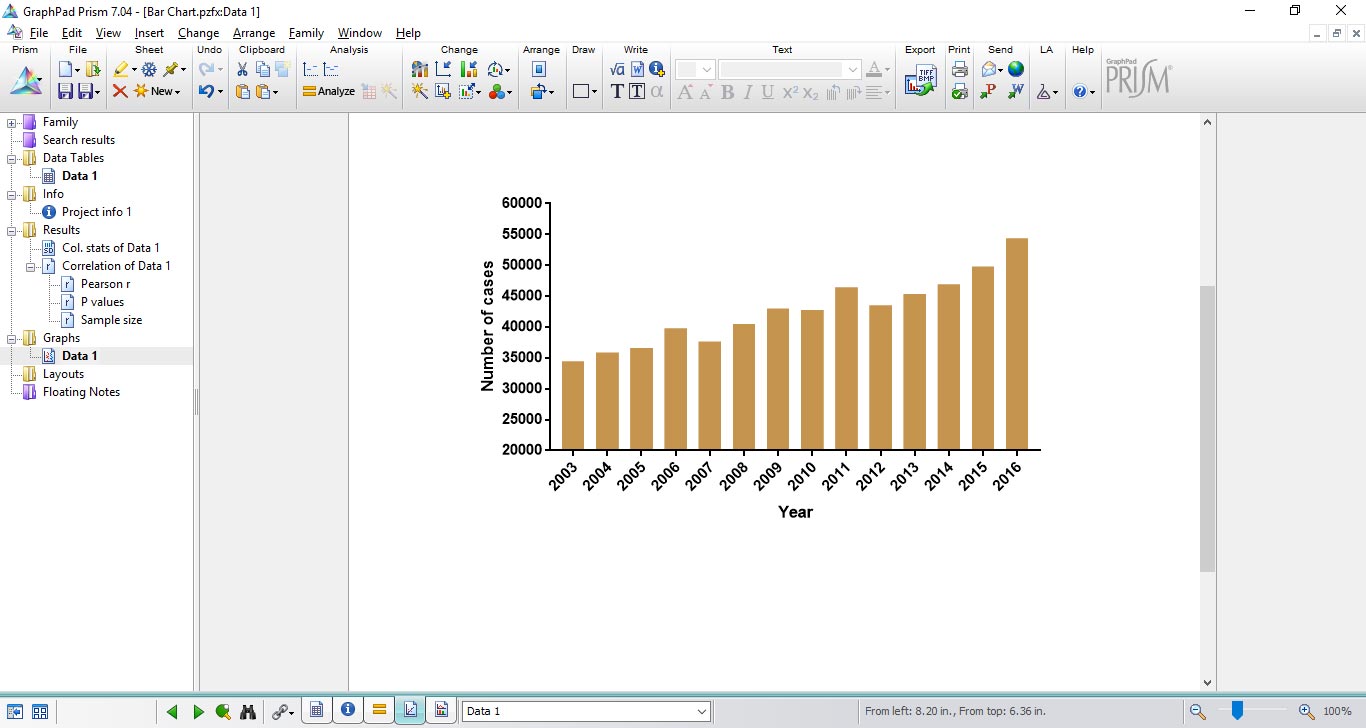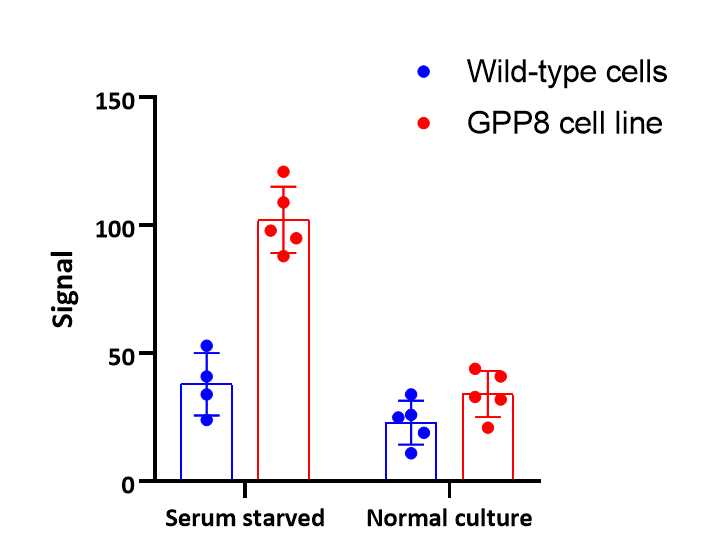
The figure below shows the data window formatted for means/SD. Just be careful when choosing this format: if you choose mean/SD format but enter mean/SEM data, your statistical calculations will be incorrect!Īs soon as you create a data table, Prism also creates a graph.įor the Blood Pressure data entered in this tutorial, the default graph might looks like the figure on above. Again, the particular form of the default graph (scatterplot, histogram, box/whisker, etc) depends on the prior user. You can modify the format by clicking on CHANGE>Graph type. You can modify virtually all other elements of the graph by clicking on the axis, text, etc, or by selecting an option available in the CHANGE menu. This is the same Blood Pressure data after making various changes in the graph format. In addition to plotting as histograms, note that the Y axis is now labeled appropriately and the fill/pattern in the bars has been changed, (just double click one of the bars, and a window will open to change various features).

Note that if you choose NEW>graph of existing data, you can create another graph of the data rather than modify the format of an existing graph. If you do this, you should title the graphs appropriately so you can differentiate one from another. #Graphpad prism 8 scatter categories on x axis windows.You can display reference lines behind or in front of your data points. Optionally, show Label and choose your Label Text. Click on the Reference Lines tab, enter an axis value or statistics (only in Origin 2018 and higher) to display the line ( At Axis Value).

Double-click on the X or Y axis to open the Axis dialog.Click on the Add Stats Reference Lines button to add one or more lines marking key statistics or click More to open the Reference Lines dialog box (see next). Click inside the graph layer to select the layer and show the layer-level Mini Toolbar.

Go to the Grids tab and check the Y or X edit box under the Additional Lines node and input a value.



 0 kommentar(er)
0 kommentar(er)
